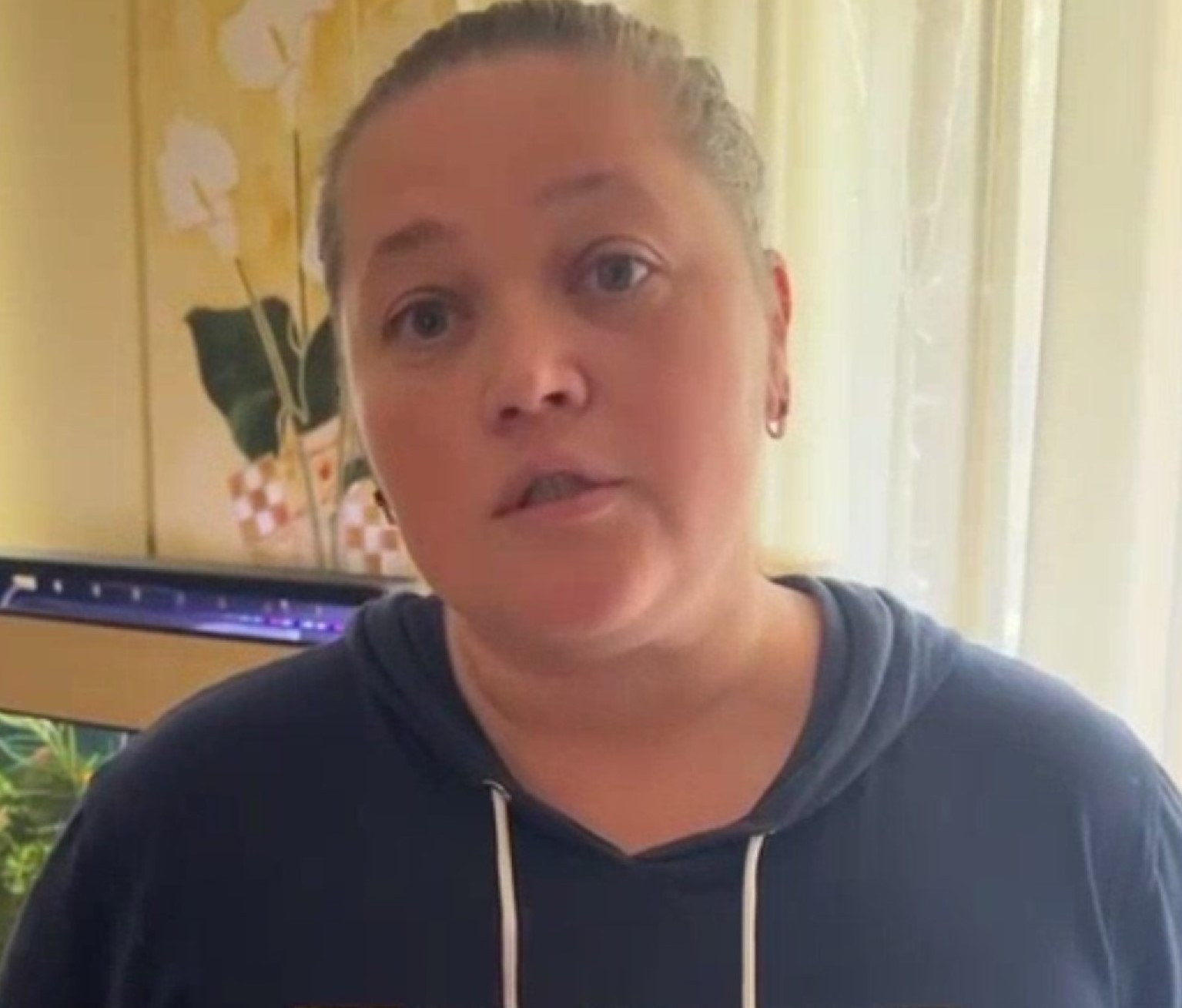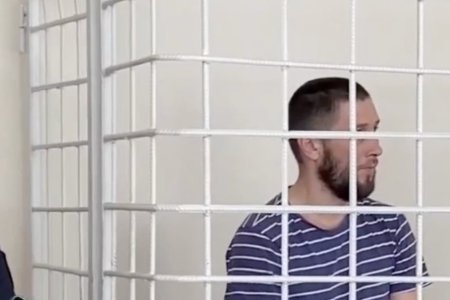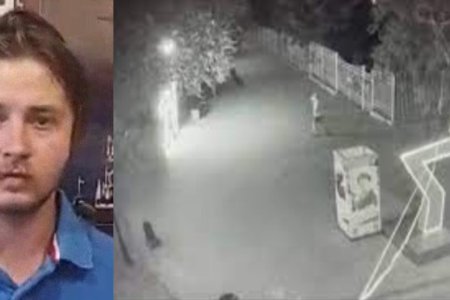
The FSB in occupied Crimea announced on 10 July 2024 that they had detained a 43-year-old woman from Yalta on a charge of ‘calls to extremism’ under Article 280 § 2 of Russia’s criminal code. They claim that in comments made on Telegram, the Ukrainian “made calls to carry out violent actions in relation to a group identified by nationality, namely, Russians”.
While the FSB do not mention the woman’s name, this is known, as is so often the case, because of notorious collaborator Aleksandr Talipov. The latter uses his ‘Crimean SMERSH’ Telegram channel to report on his and, seemingly, fellow vigilantes’ activities in hunting out Crimeans who demonstrate pro-Ukrainian views, or even just play the Ukrainian national anthem or wave the Ukrainian flag. Talipov is clearly working in close collaboration with the occupation enforcement bodies, and very often the videoed ‘apologies’ posted on his channel have been clearly forced out of the victim in an occupation police office.
On 6 April 2024, Talipov posted a video of a woman being detained and taken away in what was, presumably, a ‘police’ van. On that occasion Talipov named her as Tetiana Mykolaiivna Bibik from Yalta, originally from Dnipro, and said that she had been an active participant in Ukrainian chats on Telegram. He further claimed that she had “posted news discrediting the army, the country and president”, with this clearly meant to be understood as referring to Russia’s army, Russia and Vladimir Putin. The detention had clearly taken place at least one day earlier as the charge against Bibik, under Article 20.3.3 § 1 of Russia’s administrative code, was passed to the occupation ‘Yalta municipal court’ on 5 April. This charge, of supposedly ‘discrediting the Russian armed forces’ was first rushed into law within 10 days of Russia’s full-scale invasion of Ukraine, and later broadened to cover, among others, the mercenaries recruited for the Wagner unit from among convicted prisoners. It is standardly used in occupied Crimea against Crimeans for anything from playing or singing Ukrainian patriotic songs to expressing opposition to the war. Convictions are virtually guaranteed with this one no exception. On 6 April, ‘judge’ Liubov Viktorovna Korpacheva found Bibik ‘guilty’ and imposed a fine.
On 8 April, Talipov posted a video on which Bibik says that she had posted information discrediting the army which she “sincerely regrets”, that she has deleted the information and will not do it again. These ‘videos expressing repentance’ are virtually as standard as the convictions under Article 20.3.3, with the only variable being whether physical duress has been applied or whether such ‘confessions’ are extracted through the promise that the person will not face further charges.
If, as seems likely, the latter was the case, Bibik was deceived. Back in April, Talipov said that the enforcement bodies were “studying the material’. It is unclear whether Bibik is to remain in custody, but she is now facing a ‘trial’ by an illegitimate occupation ‘court’ and a sentence of up to five years imprisonment over posts which are likely to have expressed her support for Ukrainian defenders and hopes for Crimea’s liberation.
See also:
Pensioner jailed in Russian-occupied Crimea for expressing support for Ukraine in a shop



